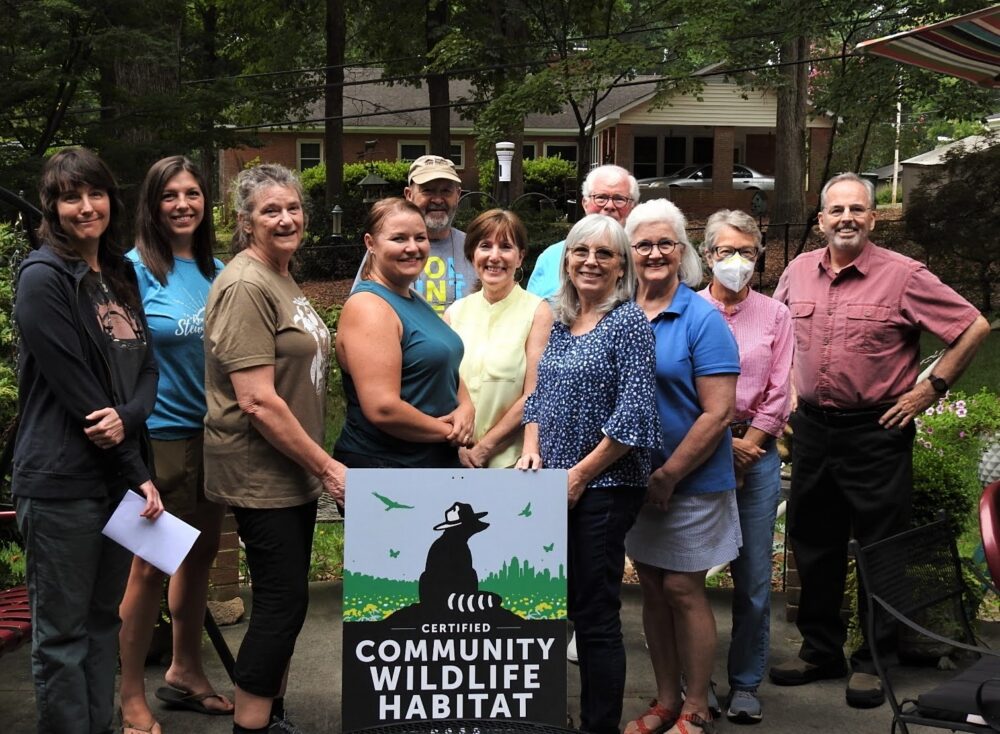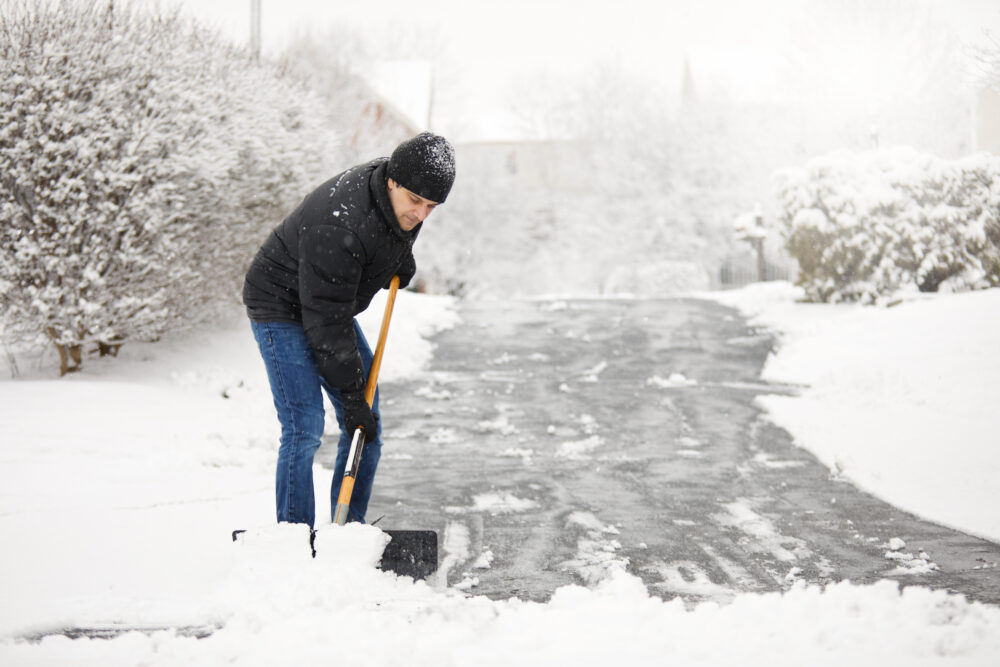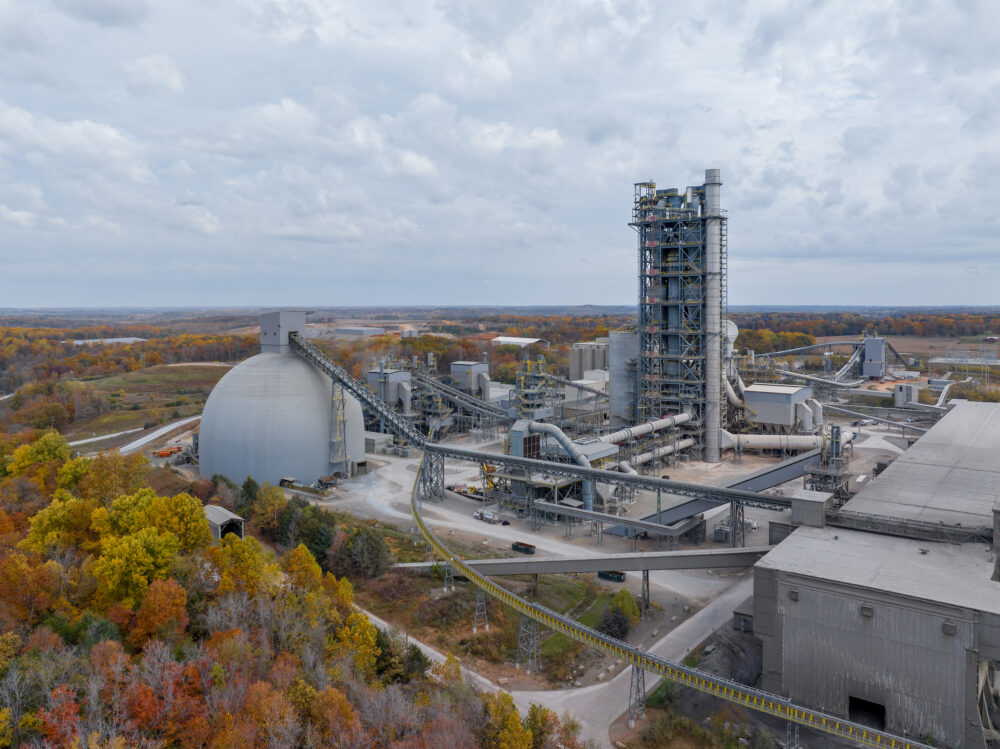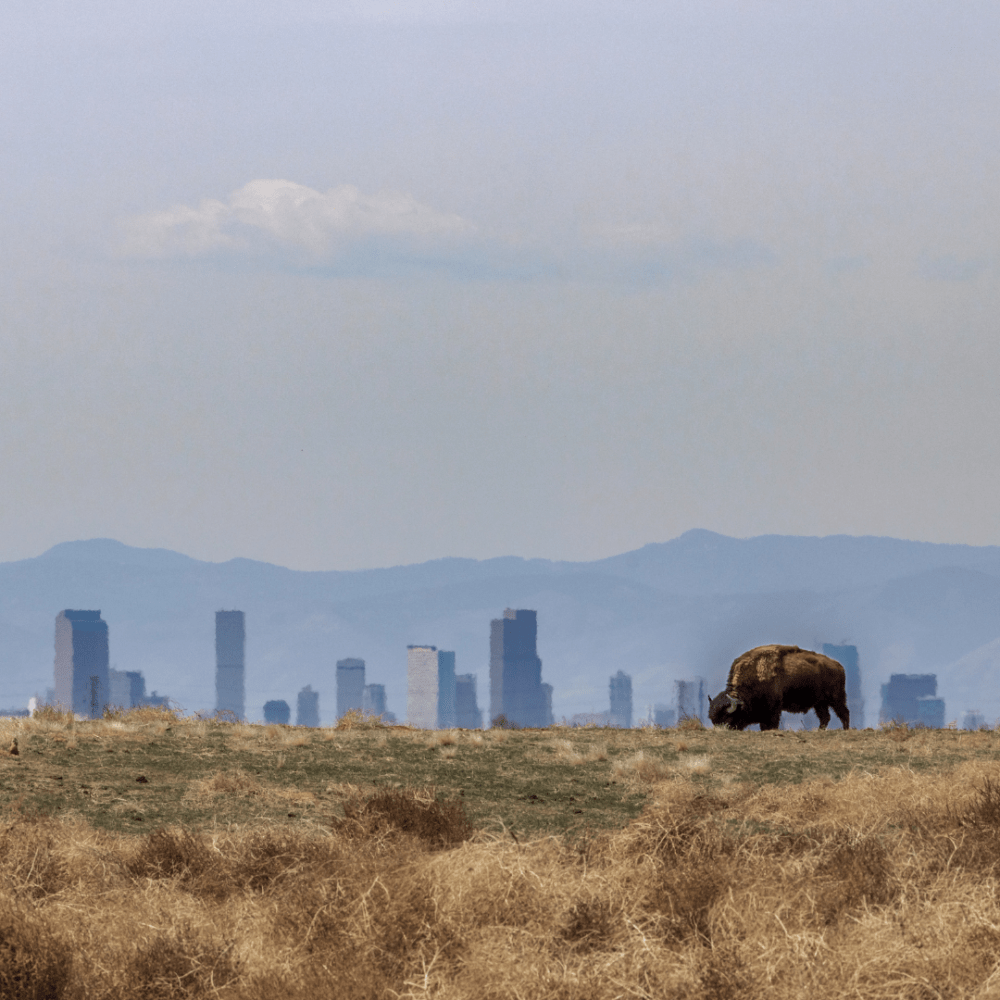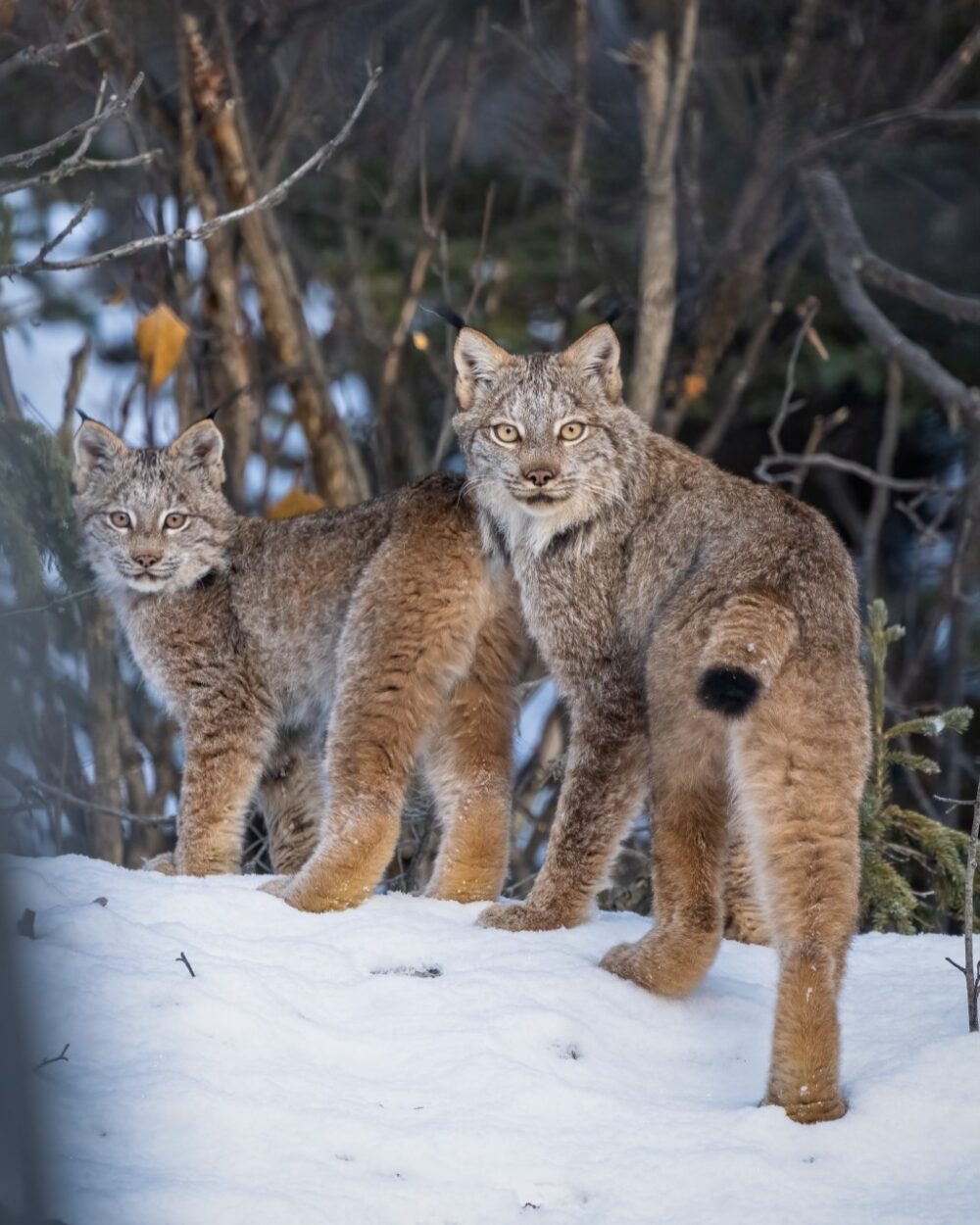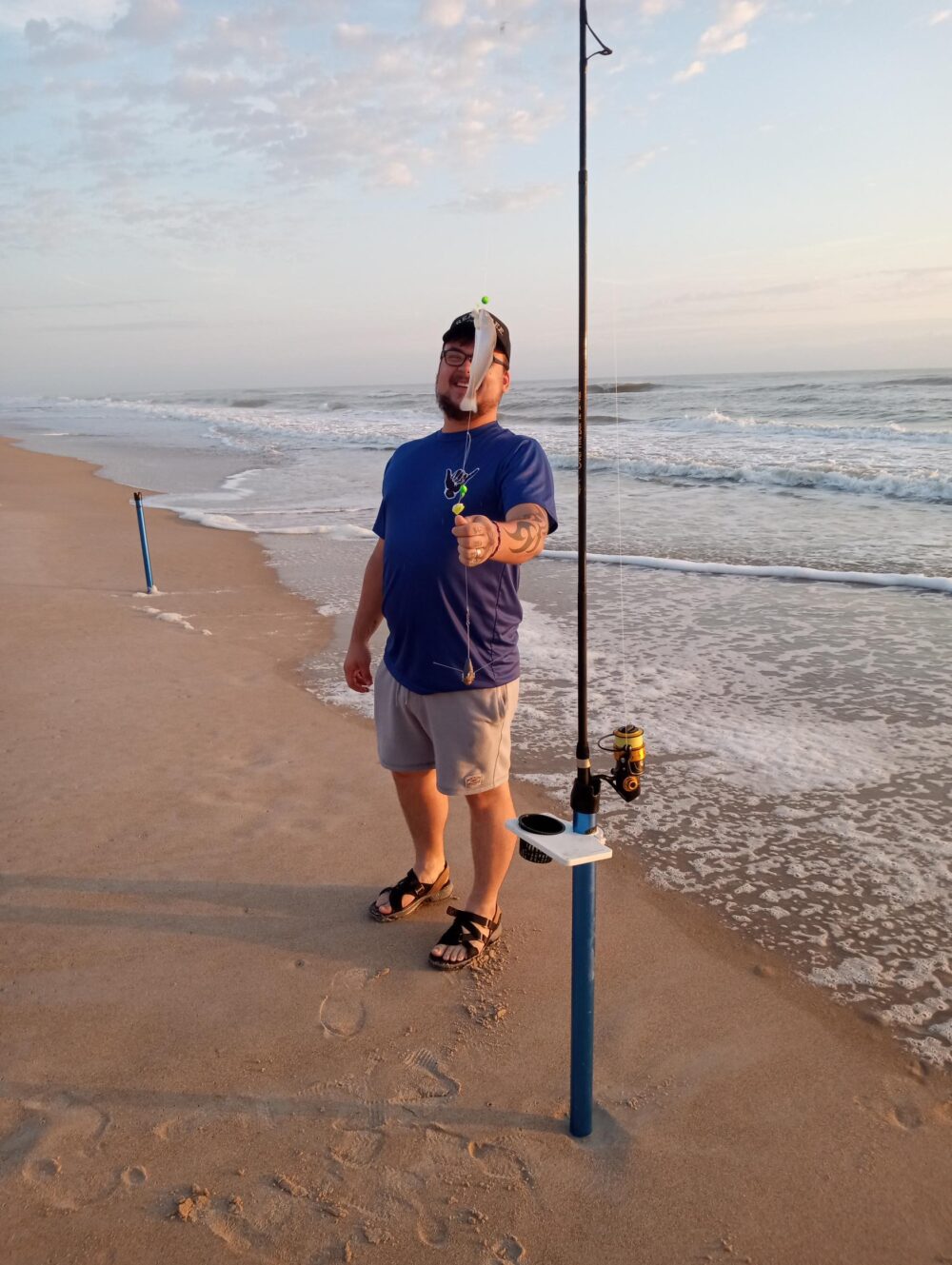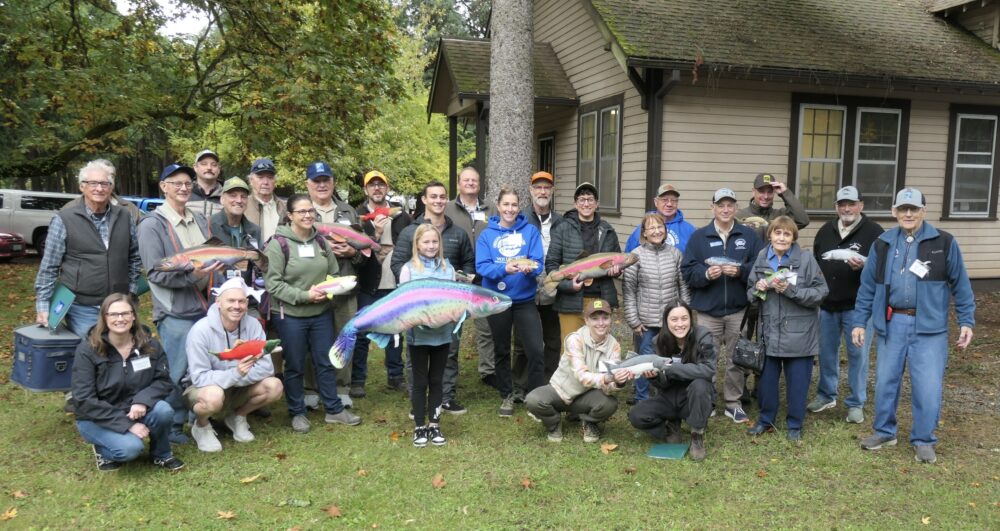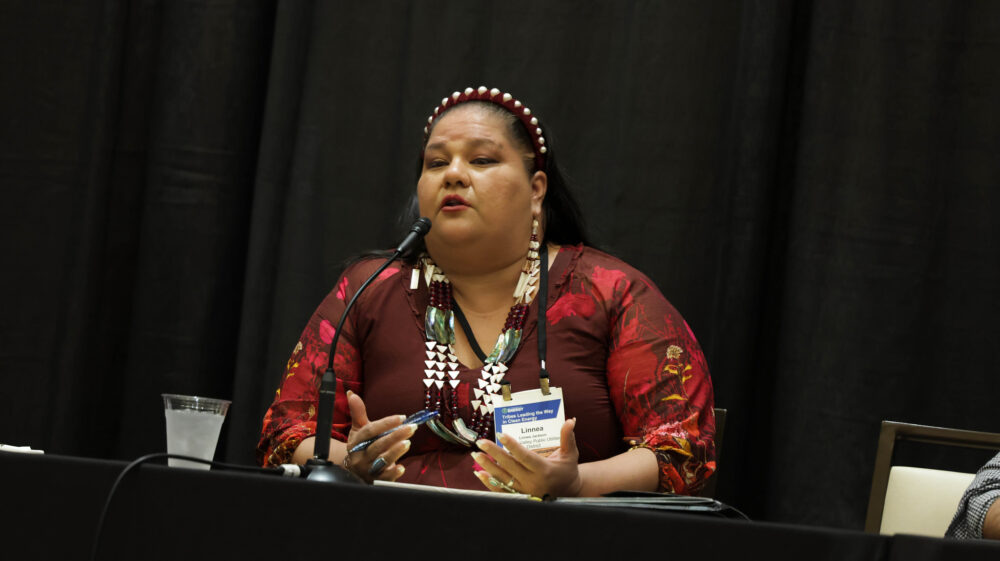We have much more to do and your continued support is needed now more than ever.
Back to Bullying for Tar Sands Pipeline Giant
TransCanada, the company plotting to build the Keystone XL 2,000-mile, $14 billion pipeline splicing through five states to ship Canadian crude oil to Gulf refineries has added yet one more misstep to its history of deception and misdeeds. Under heavy pressure from U.S. Senator Mike Johanns and Nebraska landowners, they promised last summer that they would stop threatening landowners to put a pipeline on their land or face “eminent domain” action that would forcibly take their land. Guess what? They’re at it again. 
TransCanada Will Condemn Private Property
Tucked into the sixth paragraph of an April 7 letter (click here to see – 4-7 tc letter) to some landowners along the proposed pipeline route, the company made what company official Tim M. Irons called, “our final offer” and wrote that if the land owner does not accept the offer within one month, the company “will initiate the eminent domain process.”
This threat comes after the company promised in an August 23, 2010 letter to Nebraska Senator Mike Johanns (R-NE) that the company’s agents would not use condemnation to take people’s property.
To most fair-minded people, TransCanada’s communications come across as slippery corporate legalese and nuanced double-talk. By bullying landowners to surrender their land, once again TransCanada has proven that they don’t stick to their word.
A History of Trickery
TransCanada’s latest letter is yet one more unfortunate chapter in their pernicious pipeline campaign:
• SHADY CLAIMS OF FRIENDLY OIL – While claiming in their April letter to landowners that the pipeline will strengthen U. S. energy security, much of the oil that would flow through the pipeline is likely to be exported, making the U.S. an unwitting middle man taking all of the risk and seeing little or no benefit. The CEO of Valero Energy, one of the companies planning to use the Keystone XL pipeline, has argued that “the future of refining in the U.S. is in exports.”
• ALLEGED PRICE FIXING – The seven Canadian oil companies in the deal have reached undisclosed agreements and may be using anti-competitive practices that violate U. S. antitrust laws, according to Senator Ron Wyden (D-OR), who has requested a Federal Trade Commission investigation of the companies’ secret strategy. The “complete nature of the agreements” among the companies involved has not “received full public scrutiny,” wrote Senator Wyden.
• GOUGING CONSUMERS – TransCanada spokesman Terry Cunha told the Associated Press on January 25 that Canadian oil companies could gain a $3-a-barrel increase if the Keystone project moves oil to the Gulf Coast in 2013. Senator Wyden reached the same conclusion, telling the FTC that the companies’ testimony before the Canadian National Energy Board indicates that the they “intend to incur higher pipeline tariff costs using the Keystone XL pipeline to bypass Padd II [a regional petroleum marketing area] refineries in the Midwest.” This will have the effect of manipulating supply levels allowing prices of oil refined in PADD II to rise and ultimately benefitting the Canadian companies with higher prices.”
• PRICE MANIPULATION – By bypassing Midwest refineries and sending oil to Gulf refineries for export, prices at Midwest refineries will rise and costs will be transferred to consumers, argue several other experts. NWF Senior Vice President for Conservation and Education Jeremy Symons told Congress on March 31 that the true motivation behind the pipeline is price manipulation. Transcanada has said that Canadian oil companies would gain $4 billion a year and by limiting supply to the Midwest and re-routing it to Gulf Coast refineries, Canadian heavy crude prices will increase by $6.55 per barrel in the Midwest and by $3 per barrel everywhere else, Symons contended.
• ENDANGERING THE HEARTLAND – Senator Johanns has questioned Transcanada’s pipeline route and its negative impact on the Ogallala Aquifer, “our state’s most treasured resource,” he says. In March, the U. S. State Department agreed to the Senator’s request for a more thorough environmental review. Johanns argued, “The analysis must fully consider the potential risks of a pipeline through sandy soil over the middle of the aquifer where the water table is so high. We have only one Ogallala Aquifer and we must protect it.” This aquifer supplies drinking water to around two million people in eight states and is critical to agriculture.
A Spurious Scheme
TransCanada’s latest ultimatum indicating they will take private property through eminent domain, after they promised not to threaten, adds one more layer of heavy-handed tactics to an extreme energy scheme that many have rejected. People in states that the pipeline would span — including Montana, South Dakota, Nebraska, Kansas, Oklahoma and Texas – have objected and called for or cancellation of the pipeline altogether.
Several environmental groups assert that the pipeline and pipeline accidents could impair water supplies and quality, increase air pollution around refineries and harm wildlife. Some have challenged the company to prepare a sound emergency spill response plan.
You can report these misdeeds. If you’ve received a threatening letter, several groups have set up a hotline and website. TransCanadaAbuse.com.

